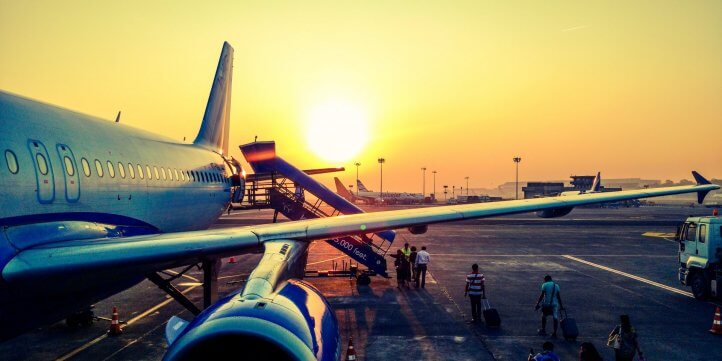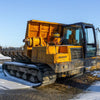What Measures Should You Take for Safer Air Travel?

It’s not just those working within the leisure, hospitality, and aerospace industries who need to be thinking about how the pandemic will affect the future of business air travel.
Those working across multiple sectors including transport and logistics should also be prepared to face changes, along with those in finance, technology, consultancy and any other sector where there is a need to visit international clients or conduct business on a global scale. As an employer, you have a duty to ensure that your staff remain safe when travelling by air for work. So just how can you do that following COVID-19?
Advice for Business Travellers
Employers should advise any member of staff travelling by air for business purposes to adopt COVID-secure practices, many of which are already being implemented into the workplace. This includes maintaining a distance of two metres, where possible, from other travellers, airport staff, and airline workers, and washing hands frequently with soap and warm water for at least 20 seconds, or applying alcohol-based hand sanitiser.
In terms of air travel specifically, there are some additional recommendations:
- Travel Light
While regulations will vary between airlines, the UK Government is advising that travellers check all baggage into the hold, rather than take hand luggage onto the aircraft. This is recommended to minimise the risk of viral transmission onto surfaces within the cabin. For many, this could mean travelling with fewer bags than usual. Travellers should be advised to travel lightly, and, where workwear or business PPE is required, to select durable and high quality items that can be laundered and reworn during the trip.
- Face Coverings
It is now a legal requirement for travellers in all English and Scottish airports to wear a face covering while in indoor spaces, and it is heavily advised for travellers in Wales and Northern Ireland, too. In England, Scotland, and Wales, travellers must also wear a face covering onboard the aircraft, unless the passenger meets criteria for exemption. This is to reduce spread of respiratory droplets. A simple and comfortable washable antibacterial face mask meets requirements; there is no need for N95 or N99 standards.
- Self-Isolation
As an employer, one of the biggest ways that you can help to minimise COVID-19 cases in the UK is to understand the need for some travellers to enter into a Government mandated self-isolation period when returning from certain countries. Employees may need to legally isolate for 14 days upon arrival in the UK depending on where they have been conducting business, so prior to travel it can be beneficial to ensure that staff members have any necessary equipment ready to work remotely if possible to do so.





